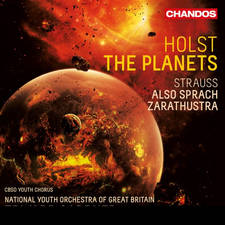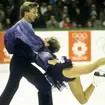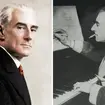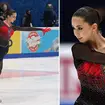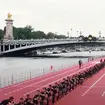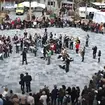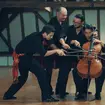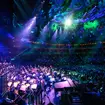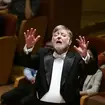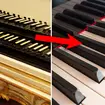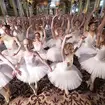The Story Of Ravel's Boléro
Before he left for a triumphant tour of North America in January 1928, Maurice Ravel had agreed to write a Spanish-flavoured ballet score for his friend, the Russian dancer and actress Ida Rubinstein (1885-1960).
The idea was to create an orchestral transcription of Albeniz’s piano suite Iberia. But on his return Ravel discovered that the orchestration rights had been granted to the Spanish conductor Enrique Arbós. Although Arbós generously gave up these rights, Ravel abandoned the idea and set about preparing an original score.
Ravel had long toyed with the idea of building a composition from a single theme which would grow simply through harmonic and instrumental ingenuity. Boléro’s famous theme came to him on holiday in Saint-Jean-de-Luz.
He was about to go for a swim when he called a friend over to the piano and, playing the melody with one finger, asked: “Don’t you think that has an insistent quality? I’m going to try to repeat it a number of times without any development, gradually increasing the orchestra as best I can.”
He began work in July. By Ravel’s standards the piece was completed quickly, in five months – it had to be ready for Rubinstein to choreograph.
“Once the idea of using only one theme was discovered,” he asserted, “any conservatory student could have done as well.”
The relentless snare-drum underpins the whole of the 15-minute work as Ravel inexorably builds on the simple tune until, with a daring modulation from C major to E major, he finally releases the pent-up tension with a burst of fireworks.
Boléro was given its first performance at the Paris Opéra on November 20, 1928. The premiere was acclaimed by a shouting, stamping, cheering audience in the midst of which a woman was heard screaming: “Au fou, au fou!” (“The madman! The madman!”). When Ravel was told of this, he reportedly replied: “That lady… she understood.”
In an interview with The Daily Telegraph, he said: “I am particularly desirous there should be no misunderstanding about this work. It constitutes an experiment in a very special and limited direction and should not be suspected of aiming at achieving other or more than it actually does.”
Yet although Ravel considered Boléro one of his least important works, it has always been his most popular.
